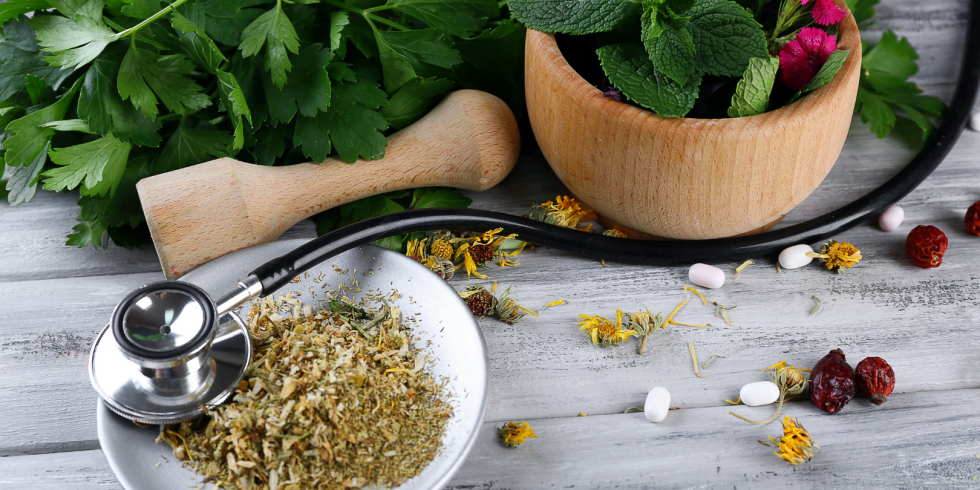Go Organic for Healthy Hormones and Weight Loss
Looking for a New Year’s Resolution this holiday season–one that’s simple to keep and will make a huge difference in your health? Why not try eating more organic fruits and veggies? When you sit down to what you think is a healthful snack of fruits and vegetables, you’re probably getting more than you bargained for–by way of a huge dose of pesticides. In fact, according to a report from the Environmental Working Group (EWA), you can be exposed to up to 20 different pesticides each day by eating the most contaminated fruits and vegetables (more on these below).
The Dangers of Pesticides
Eating chemicals designed to kill bugs, fungi, weeds, and rodents probably doesn’t sound like much of a treat. It’s also bad for your health and can be especially dangerous for young children. Pesticides can stunt growth, cause changes in hormone function, and damage the nervous system. They are also endocrine disruptors, making them damaging for children and adults alike. Endocrine disruptors change the functions of the endocrine system, making it work improperly and causing the hormone imbalances that lead to estrogen-dominance, fibroids, hot flashes, anxiety, low libido, and a long list of other symptoms. Some pesticides have estrogenic properties (meaning they are xeno-estrogens, “foreign estrogens” that mimic the estrogen in your body, causing abnormally high estrogen levels). Others have anti-androgenic properties (leading to lowered testosterone levels). Pesticides can contribute to water retention in your body and raise your cortisol levels, both of which contribute to weight gain. Because they contaminate binding sites in the cell, xeno-estrogens can interfere with thyroid hormone usage. This leads to a sluggish thyroid, slower metabolism, and difficulty losing weight.Making Healthy Choices
So which fruits and vegetables are likely to be full of pesticides, and which are less contaminated? Here’s the list from the EWA:12 Most Contaminated Fruits and Vegetables
- Apples
- Bell Peppers
- Celery
- Cherries
- Imported Grapes
- Nectarines
- Peaches
- Pears
- Potatoes
- Red Raspberries
- Spinach
- Strawberries
12 Least Contaminated Fruits and Vegetables
- Asparagus
- Avocados
- Bananas
- Broccoli
- Cauliflower
- Corn
- Kiwi
- Mangos
- Onions
- Papaya
- Pineapples
- Peas



